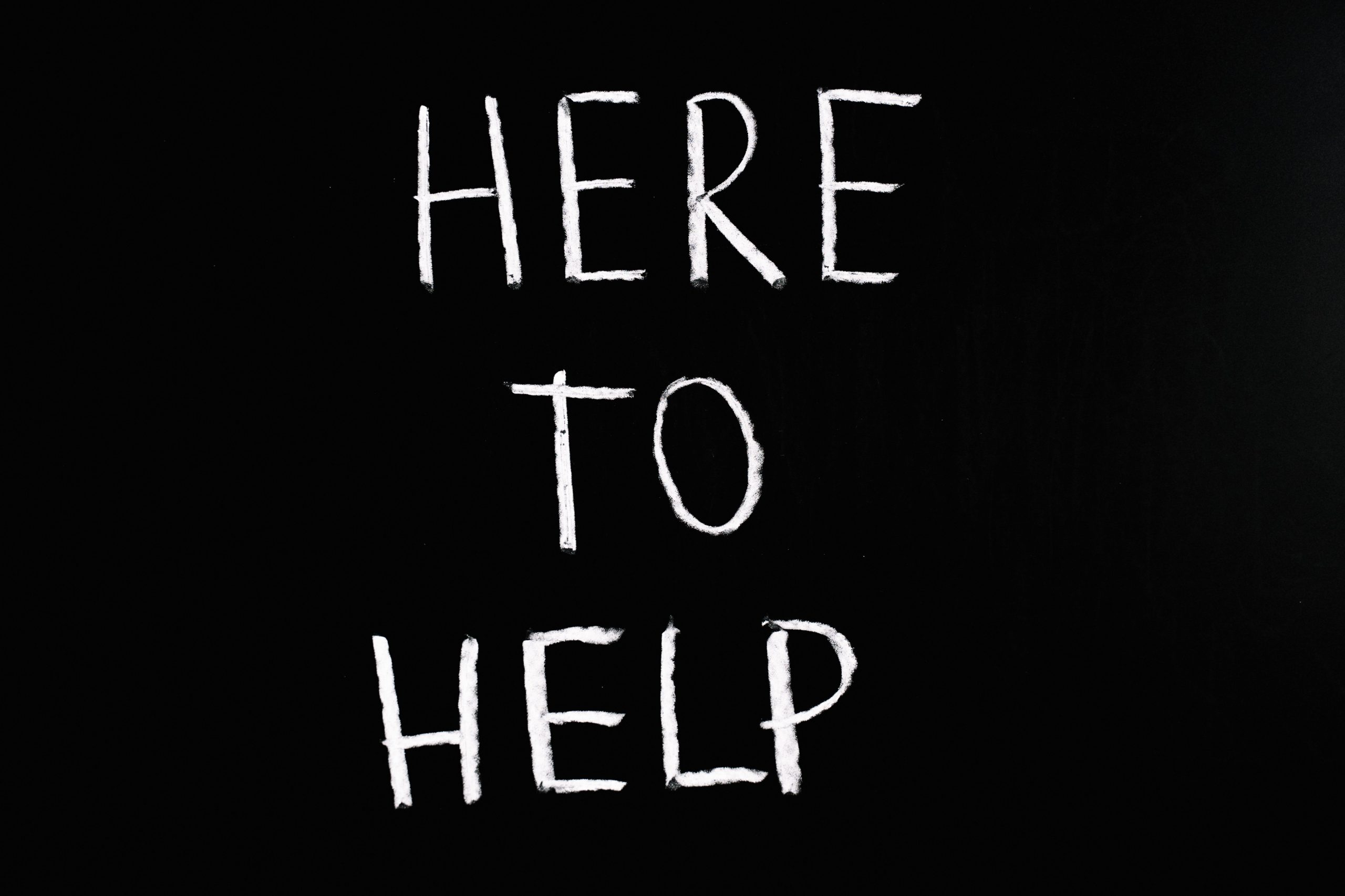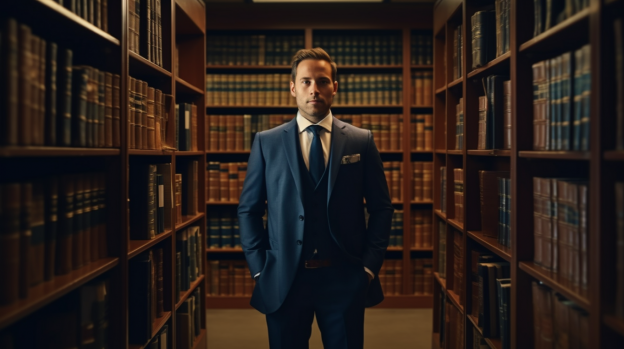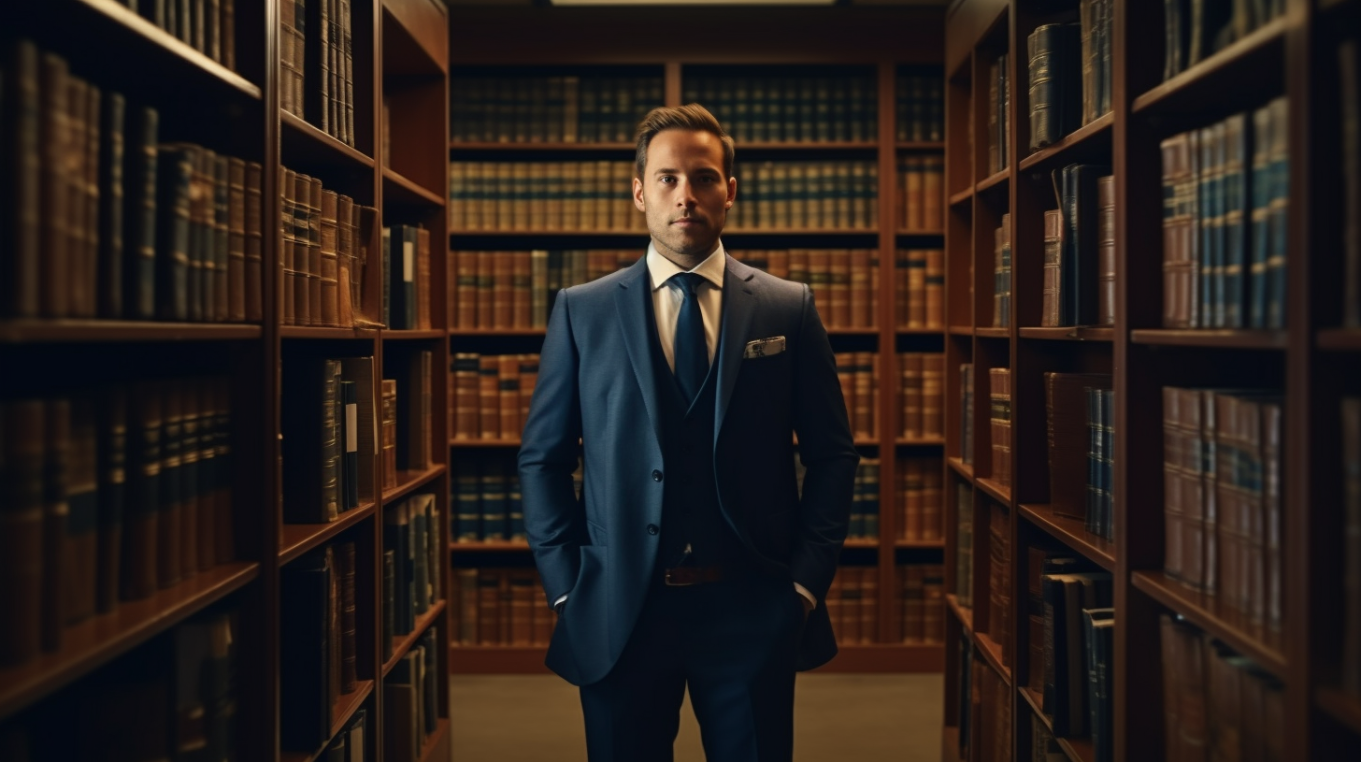If you’ve recently experienced a car accident in California, you may find yourself wondering whether or not you should hire a lawyer to handle your personal injury claim. Dealing with the aftermath of a car accident can be overwhelming, and seeking legal representation might be the best course of action for you. In this article, we will explore the importance of hiring a lawyer for a personal injury claim, specifically related to car accidents in California. By understanding the benefits of legal assistance, you can make an informed decision about how to proceed with your case.
When to Consider Hiring a Lawyer for a Personal Injury Claim
If you’ve been involved in a personal injury incident, such as a car accident in California, you may be wondering whether or not you need to hire a lawyer to handle your claim. While there are situations where you can handle a personal injury claim on your own, there are also circumstances where it is highly recommended to seek legal representation. Here are some factors to consider when deciding whether to hire a lawyer for your personal injury claim.
Severity of the Injury
One of the key factors to consider when deciding whether to hire a lawyer for your personal injury claim is the severity of your injury. If you have sustained minor injuries that have quickly healed, and the impact on your daily life was minimal, you may not need legal representation. However, if you have suffered severe injuries that require ongoing medical treatment, rehabilitation, or have caused a significant impact on your ability to work and live your life, it is advisable to consult with a personal injury lawyer.
Complexity of the Case
The complexity of your personal injury case is another crucial aspect to consider. If your case involves multiple parties, such as in a car accident where multiple drivers are at fault, it can complicate the process of determining liability and seeking compensation. Similarly, if your case involves an accident in which the cause is disputed or unclear, it can be challenging to navigate the legal process without the guidance of an experienced lawyer. In such situations, hiring a personal injury lawyer can greatly simplify the process and increase the chances of a successful outcome.
Claims with Multiple Parties
If your personal injury claim involves multiple parties, such as a car accident involving several drivers, it is highly recommended to hire a lawyer. In cases like these, the potential for disputes and conflicts between the different parties involved is high. A personal injury lawyer can help ensure that your rights are protected and that the responsible parties are held accountable for their actions. Additionally, a lawyer can negotiate with the insurance companies and other parties involved on your behalf, increasing the likelihood of a fair settlement.
Disputed Liability
In some personal injury cases, liability may be disputed, meaning that the responsible party denies their involvement or argues that their actions were not the cause of the injury. Disputed liability cases can be incredibly complex and challenging to navigate without legal expertise. Hiring a personal injury lawyer who specializes in disputed liability cases can greatly increase your chances of proving fault and recovering the compensation you deserve.

Insurance Company Tactics
Dealing with insurance companies can be a daunting task, as they often employ various tactics to minimize their liability and reduce the amount of compensation they pay out. Insurance companies have their own legal teams and adjusters who work diligently to protect their interests. If you’re unfamiliar with the tactics and strategies employed by insurance companies, you may find yourself at a disadvantage. Hiring a personal injury lawyer ensures that you have someone with expertise in dealing with insurance companies who can advocate for your rights and negotiate a fair settlement.
Understanding the Legal Process of a Personal Injury Claim
When filing a personal injury claim, it’s important to have a good understanding of the legal process involved. Knowing what to expect can help you navigate the process more effectively and make informed decisions. Here are the key steps in the legal process of a personal injury claim.
Filing a Claim
The first step in the legal process of a personal injury claim is filing a claim with the responsible party’s insurance company. This involves submitting a letter of demand, which outlines the details of the incident, your injuries, and the compensation you are seeking. It’s important to provide as much evidence and documentation as possible to support your claim at this stage.
Investigation and Evidence Collection
Once your claim has been filed, the insurance company will conduct an investigation to assess liability and the extent of your injuries. This may involve reviewing medical records, police reports, witness statements, and other relevant evidence. It’s crucial to cooperate with the insurance company’s investigation and provide any additional information or documentation they request.
At the same time, it’s important for you and your lawyer to conduct your own investigation and collect evidence to support your claim. This may involve gathering medical records, accident reports, photographs, and any other evidence that can help establish liability and the extent of your injuries.
Negotiating with Insurance Companies
After the investigation is complete, negotiations with the insurance company begin. The insurance company may make an initial settlement offer, which is often much lower than what you are entitled to. Your personal injury lawyer will review the offer, assess its fairness, and negotiate with the insurance company on your behalf. It’s important to have a skilled negotiator on your side who can effectively advocate for your rights and secure the compensation you deserve.

Litigation and Trial
If a fair settlement cannot be reached through negotiation, your personal injury claim may proceed to litigation. This involves filing a lawsuit against the responsible party and going to court. Litigation can be a lengthy and complex process, requiring extensive legal knowledge and expertise. Your personal injury lawyer will guide you through each step, representing your interests in court and presenting a strong case to the judge or jury.
Pros of Hiring a Personal Injury Lawyer
Hiring a personal injury lawyer can offer several advantages when pursuing a personal injury claim. Here are some of the key benefits of having legal representation.
Legal Knowledge and Experience
Personal injury lawyers have a comprehensive understanding of personal injury laws and regulations. They have the knowledge and experience to navigate the complex legal process and ensure that your rights are protected. Hiring a lawyer ensures that you have someone who understands the intricacies of personal injury claims and can guide you through every stage of the process.
Thorough Investigation
Personal injury lawyers have the resources and expertise to conduct a thorough investigation into your case. They will gather evidence, interview witnesses, and consult with experts to build a strong case on your behalf. By conducting a comprehensive investigation, your lawyer can uncover critical evidence that can support your claim and strengthen your position during negotiations or trial.
Proper Documentation and Evidence
Proper documentation and evidence are crucial in personal injury claims. Your lawyer will ensure that all necessary documents, such as medical records, accident reports, and witness statements, are obtained and organized effectively. They will also help you gather any additional evidence that may be needed to support your claim. By having a lawyer handle the documentation and evidence, you can focus on your recovery and leave the legal aspects to the professionals.
Maximizing Compensation
Personal injury lawyers have the skills and experience to accurately assess the value of your claim. They will consider various factors, including the severity of your injuries, the impact on your daily life, and the long-term consequences of the incident. By understanding the true value of your claim, your lawyer can negotiate with the insurance company or the responsible party to ensure that you receive maximum compensation for your injuries and losses.
Dealing with Insurance Companies
Insurance companies often employ tactics to minimize their liability and reduce the amount of compensation they pay out. They may pressure you into accepting a low settlement offer or attempt to find ways to deny your claim altogether. Hiring a personal injury lawyer ensures that you have someone on your side who can effectively deal with insurance companies. Your lawyer will handle all communication and negotiations with the insurance company, protecting your rights and advocating for fair compensation.
Cons of Hiring a Personal Injury Lawyer
While there are many advantages to hiring a personal injury lawyer, it’s important to consider the potential drawbacks as well. Here are some of the cons of hiring a personal injury lawyer.
Additional Costs
One of the main concerns people have when considering whether to hire a personal injury lawyer is the additional cost. Most personal injury lawyers work on a contingency fee basis, which means they only get paid if you receive a settlement or win your case. However, they will generally take a percentage of the compensation you receive as their fee. It’s important to discuss the fee structure with your lawyer upfront and understand the potential costs involved in hiring legal representation.
Time and Effort
Hiring a personal injury lawyer means entrusting your case to someone else and relying on them to handle the legal aspects on your behalf. While this can relieve some of the burden and stress associated with pursuing a personal injury claim, it also means relinquishing some control over the process. Your lawyer will handle the majority of the tasks and decisions involved, but you will still need to stay actively involved and provide necessary information and documentation when requested.

Settlement Delays
While hiring a personal injury lawyer can increase the likelihood of receiving fair compensation, it can also lead to delays in settling your claim. Negotiations with insurance companies can take time, and if a fair settlement cannot be reached, your case may proceed to litigation, which can further prolong the process. It’s important to have realistic expectations and be prepared for the possibility of the legal process taking longer than anticipated.
Factors to Consider When Hiring a Personal Injury Lawyer
When choosing a personal injury lawyer to represent you, it’s important to consider various factors to ensure that you make the right choice. Here are some key factors to consider when hiring a personal injury lawyer.
Experience and Expertise
The experience and expertise of a personal injury lawyer are critical factors to consider. Look for a lawyer who specializes in personal injury law and has a track record of handling cases similar to yours. An experienced lawyer will have a deep understanding of the legal process and know-how to navigate the complexities of personal injury claims effectively. Consider the number of years the lawyer has been practicing, their success rate, and any special certifications or awards they may have.
Track Record of Success
When hiring a personal injury lawyer, it’s important to assess their track record of success. Look for lawyers who have a history of winning cases and securing significant settlements or verdicts for their clients. Consider their success rate in cases similar to yours and their ability to negotiate with insurance companies. Reading client testimonials and reviews can also provide insights into the lawyer’s reputation and the satisfaction of their past clients.
Availability and Communication
Effective communication and accessibility are crucial when working with a personal injury lawyer. You want a lawyer who is responsive to your calls and emails and keeps you updated on the progress of your case. During the initial consultation, pay attention to how the lawyer communicates and whether they take the time to listen to your concerns. A lawyer who is attentive, communicates clearly, and makes time for your questions is more likely to provide effective representation.
Payment Structure
Before hiring a personal injury lawyer, it’s important to understand their fee structure. Most personal injury lawyers work on a contingency fee basis, which means they don’t get paid unless you receive a settlement or win your case. However, the percentage they take as their fee can vary. Discuss the fee arrangement with the lawyer during the initial consultation, ensuring that you have a clear understanding of how much you may owe in legal fees if you are successful in your claim.
How to Find a Reliable Personal Injury Lawyer
Finding a reliable personal injury lawyer is crucial to the success of your claim. Here are some effective methods to help you find a trustworthy and experienced lawyer.
Personal Recommendations
One of the best ways to find a reliable personal injury lawyer is through personal recommendations. Reach out to friends, family members, or colleagues who have gone through a similar situation and ask for their recommendations. If someone you trust had a positive experience with a specific lawyer, it’s a good indication that the lawyer is reliable and capable of handling your case.
Online Research
The internet is a valuable resource for finding information about personal injury lawyers. Conduct online research and look for lawyers who specialize in personal injury law in your area. Visit their websites to learn more about their experience, expertise, and success stories. Online reviews and testimonials from past clients can also provide insights into the lawyer’s reputation and the quality of their services.
Lawyer Directories
Lawyer directories, such as the American Bar Association’s directory or state bar association directories, can be a useful tool to find reliable personal injury lawyers. These directories provide comprehensive information about lawyers in your area, including their contact information, practice areas, and any disciplinary history. Use these directories to create a shortlist of lawyers you want to consider and conduct further research on.
Consultation and Evaluation
Once you have narrowed down your list of potential personal injury lawyers, schedule consultations with each of them. Most lawyers offer free initial consultations to evaluate your case and determine if they are the right fit for you. During these consultations, ask relevant questions about their experience, track record, and fee structure. Pay attention to how they communicate and whether they fully understand your case. After the consultations, assess each lawyer based on their expertise, communication skills, and overall impression.
Frequently Asked Questions about Hiring a Personal Injury Lawyer
Can I handle my personal injury claim without a lawyer?
Handling a personal injury claim without a lawyer is possible, particularly for minor injuries and straightforward cases. However, if your case involves severe injuries, disputed liability, or multiple parties, it is highly recommended to hire a personal injury lawyer. They have the knowledge and experience to maximize your chances of receiving fair compensation.
How much does it cost to hire a personal injury lawyer?
Most personal injury lawyers work on a contingency fee basis, which means they only get paid if you receive a settlement or win your case. The exact percentage they take as their fee can vary but typically ranges from 33% to 40% of the total compensation you receive. It’s essential to discuss the fee structure with your lawyer upfront and ensure that you have a clear understanding of the potential costs involved.
Will hiring a lawyer make my case take longer?
While hiring a personal injury lawyer can sometimes lead to settlement delays, it can also expedite the process. Lawyers have the knowledge and expertise to handle the legal aspects efficiently, negotiate with insurance companies more effectively, and build a strong case. While each case is unique, having a lawyer on your side often increases the chances of a smoother and faster resolution.
How do I know if I have a strong personal injury claim?
Assessing the strength of your personal injury claim can be challenging, as it depends on various factors. Consulting with a personal injury lawyer is the best way to determine the strength of your claim. They will evaluate the details of your case, including the severity of your injuries, liability, and available evidence, to provide an accurate assessment of the strength of your claim.
What should I do if the insurance company denies my claim?
If your insurance claim is denied, it’s crucial not to give up. Consult with a personal injury lawyer immediately. They can review the denial letter, assess the reasons behind the denial, and determine if there are grounds for an appeal. Your lawyer can guide you through the appeals process and take necessary legal action to fight for your rights and the compensation you deserve.













